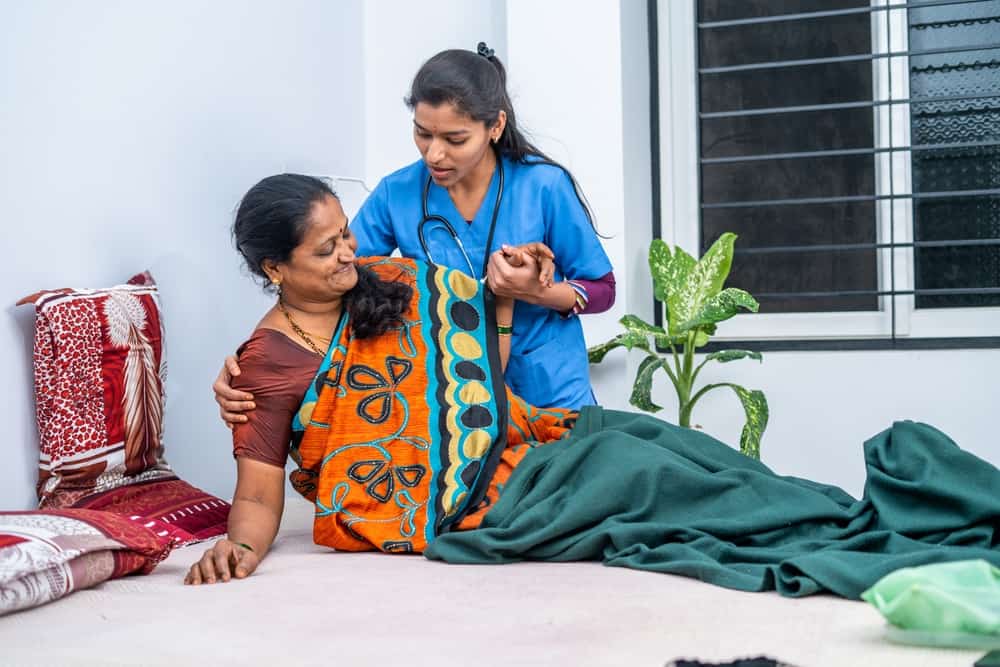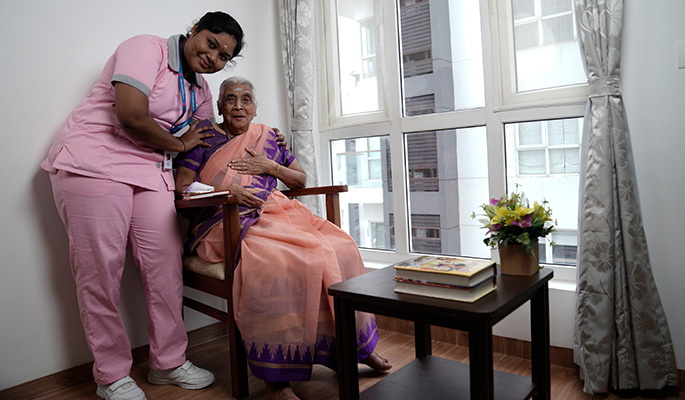Chronic illness care in Bangladesh is a critical aspect of the healthcare system, addressing the growing burden of long-term medical conditions that affect individuals across the country. With an increasing prevalence of chronic diseases such as diabetes, cardiovascular diseases, respiratory disorders, and cancer, effective chronic illness care is essential for managing these conditions and improving the quality of life for affected individuals. Bangladesh’s healthcare infrastructure is continually evolving to meet the challenges posed by chronic illnesses, with a focus on providing comprehensive and accessible care to all segments of the population.
Chronic illness care in Bangladesh encompasses a range of services aimed at addressing the diverse needs of individuals living with long-term medical conditions. This includes medical management provided by healthcare professionals, such as physicians, nurses, and specialists, who monitor symptoms, prescribe medications, and coordinate treatment plans tailored to each patient’s specific health needs. Regular check-ups, diagnostic tests, and preventive screenings are essential components of chronic illness care to detect and manage conditions early, prevent complications, and optimize health outcomes.
Patient education is another integral aspect of chronic illness care in Bangladesh, empowering individuals with the knowledge and skills needed to manage their conditions effectively. Healthcare providers educate patients about their illnesses, treatment options, medication adherence, and lifestyle modifications, promoting self-management and empowering patients to take an active role in their health and well-being. Culturally sensitive educational materials and community-based programs help ensure that individuals from diverse socioeconomic backgrounds have access to relevant information and support.
Moreover, lifestyle modifications play a crucial role in chronic illness care in Bangladesh, with healthcare providers encouraging individuals to adopt healthy behaviors such as following a balanced diet, engaging in regular physical activity, quitting smoking, and managing stress. These lifestyle changes can help individuals better manage their symptoms, prevent complications, and improve their overall health and well-being.
In summary, chronic illness care in Bangladesh is characterized by a holistic approach that addresses the medical, psychosocial, and lifestyle needs of individuals living with long-term medical conditions. By providing comprehensive and accessible care, Bangladesh’s healthcare system aims to mitigate the impact of chronic diseases, enhance quality of life, and promote overall well-being for all segments of the population.





